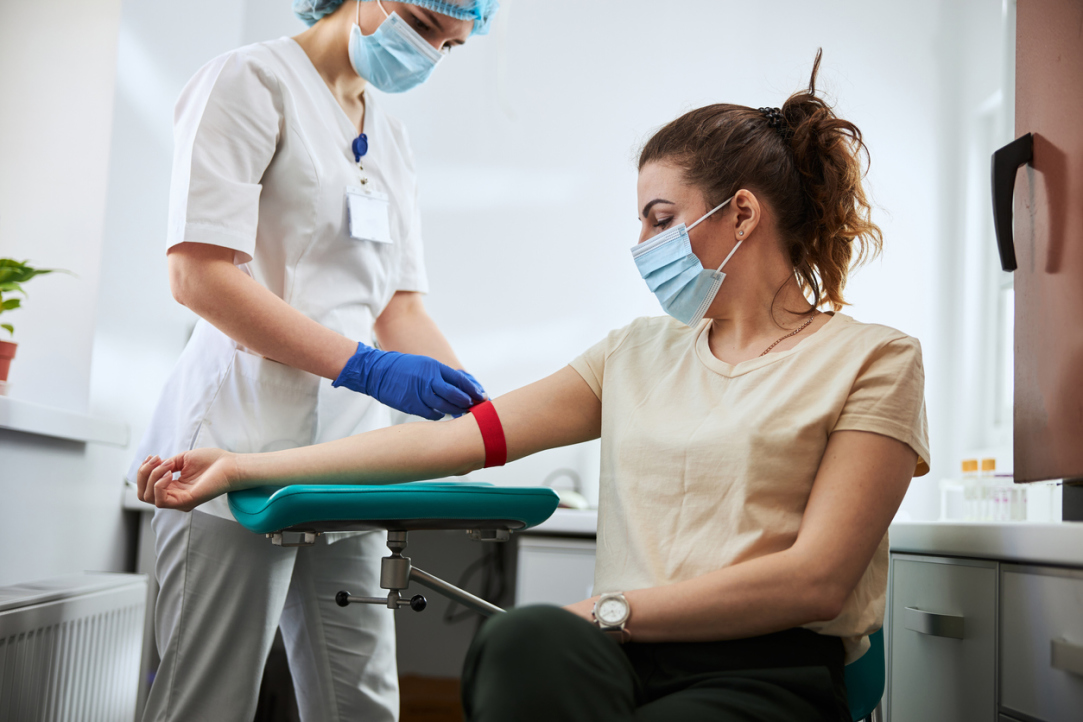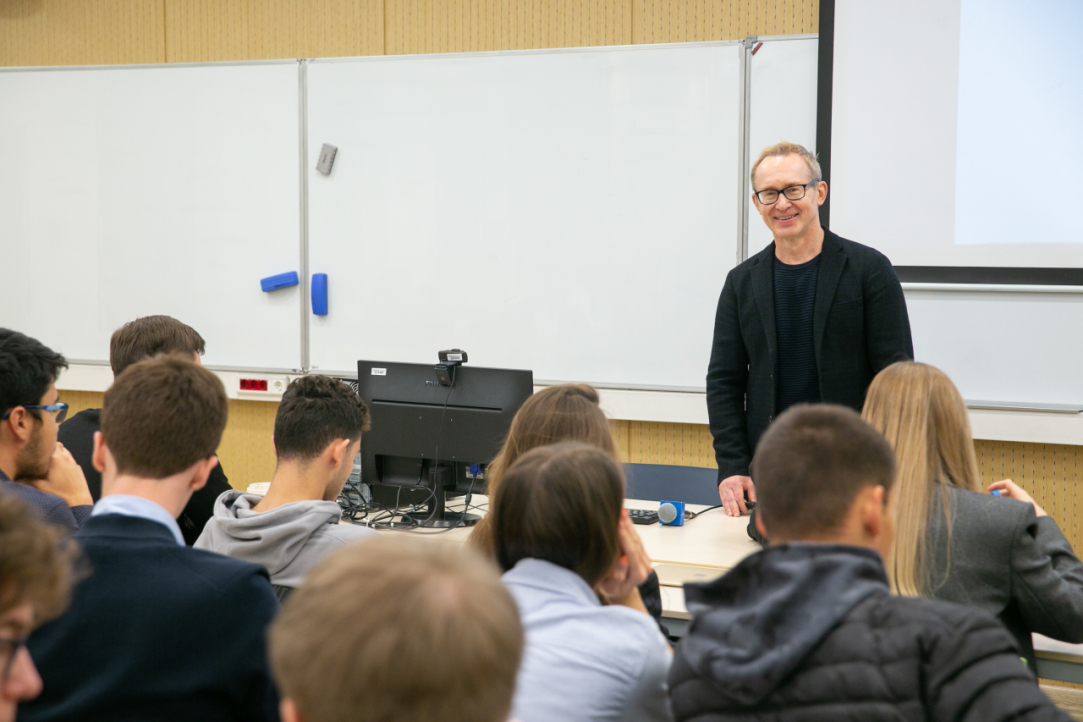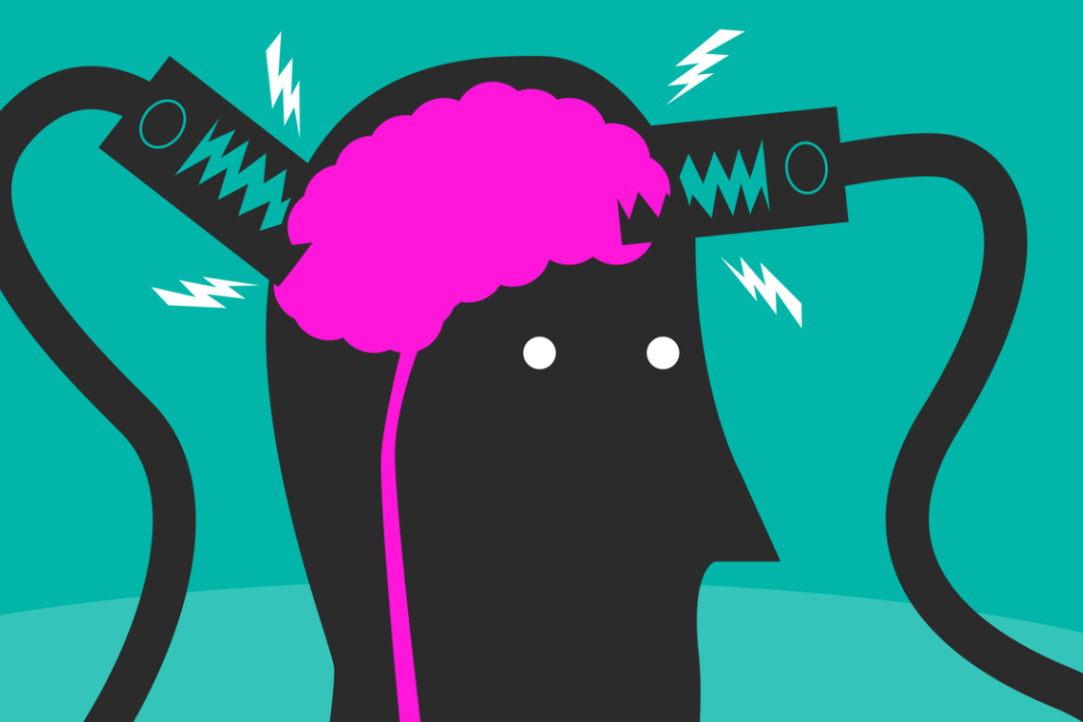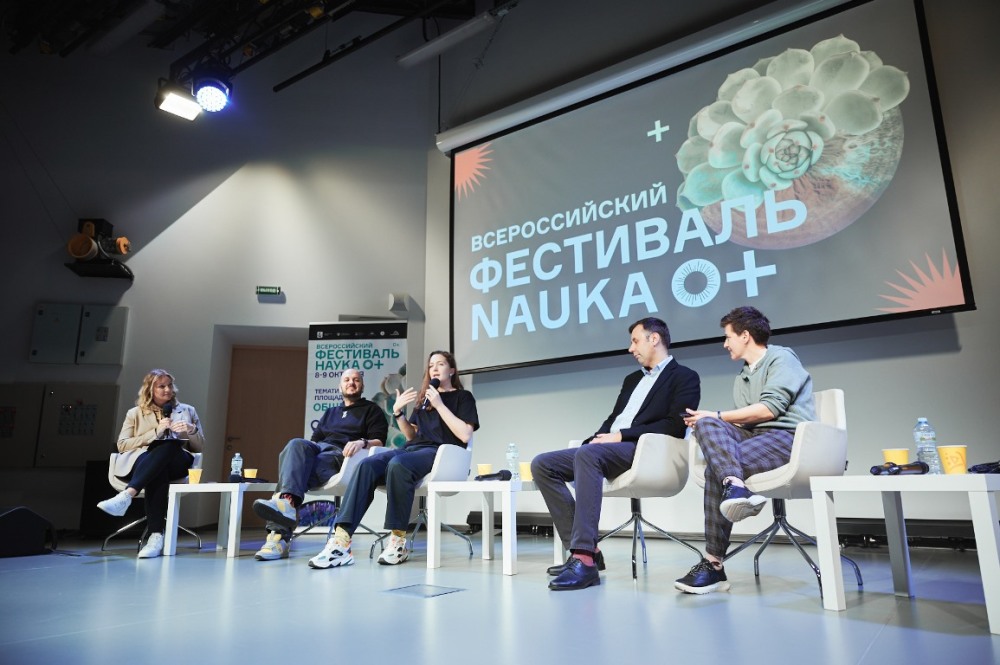
Study Explains Blood Donation Motivations
An international team of researchers from the HSE International Laboratory of Positive Psychology of Personality and Motivation, the Russian National Research Centre for Hematology, and a number of American universities examined the motivations of regular blood donors.

'Conferences Publicly Push Important Research to New Levels'
During his visit to ICEF, Sergey Tsyplakov, a professor in finance at Moore School of Business of the University of South Carolina, delivered a lecture to students and contributed to ICEF-CInSt 11th International Moscow Finance Conference as a keynote speaker. In this interview, Sergey shares what surprised him about ICEF students, why scientific paper reviewing may not always be objective, and why people on Wall Street read academic research.

Microfluidic Chip Used to Test Drug Toxicity
A team including HSE researchers has developed a way to use microfluidic chips to assess the toxic effects of drugs on humans. This device will help identify and minimise the side effects of drugs during the preclinical trial stage and reduce the need for animal experiments. The study is published in Bulletin of Experimental Biology and Medicine.

Normal for the Abnormal: How the Image of a Maniac Appeared in Popular Culture
The image of a serial killer and/or rapist is a product of scientific discourse, transferred to the cinema, and then to TV series. In many films, the plot is based on finding and capturing such criminals by using a particular method — social and psychological profiling, and the appearance of a maniac in the cinema has been normalized today. Maria Marey, Senior Lecturer at HSE School of Philosophy and Cultural Studies, analysed how science and philosophy have contributed to the emergence of serial killer characters in popular culture, and how it affects the audience.
Balkan Dialogue: What Soft Power Can Do in Tough Times
From 12–16 October 2022, the ‘Balkan Dialogue’ event took place at the Russian House in Belgrade and the Vojvodina Archives in Novi Sad, Serbia. Balkan Dialogue is an international programme organised annually by the Gorchakov Public Diplomacy Fund. Students and professors from HSE University and other Russian universities were among the participants of the programme. The academic supervisor of the event was Professor Ekaterina Entina, Director of the Mediterranean Studies Centre at the HSE Faculty of World Economy and International Affairs.

‘The Competition Gave Young Researchers an Opportunity to Take the Initiative’
In September, HSE University announced the results of a competition of digital projects by early-career HSE scientists. The event was organised within the framework of the strategic project ‘Digital Transformation: Technologies, Effects, Efficiency’. The organisers selected 8 out of 22 applications. The research teams have already started to implement their projects, and the results will be presented at the end of November. The HSE News Service shares the details of three of the highest-scoring projects in the competition. The creators of the projects are staff members of the HSE Center for Language and Brain, MIEM, and the Faculty of Computer Science.

HSE Researchers Caused People to Behave Less Rationally by Suppressing Activity in Specific Parts of the Brain
Researchers at the HSE Institute for Cognitive Neuroscience have shown experimentally that magnetic stimulation of the prefrontal cortex of the brain causes test subjects to act less rationally, changing how they assess possible outcomes at the moment they make risky decisions. The scientists believe that the discovery will provide a better understanding of the mechanisms that give rise to gaming addiction. The results of the study were published in the journal Scientific Reports.

Russian Chemists Improve Seawater Desalination Membrane
A team of researchers of the HSE Faculty of Chemistry Joint Department of Inorganic Chemistry and Materials Science with the RAS Kurnakov Institute of General and Inorganic Chemistry have designed a novel type of hybrid ion-exchange membrane. Such membranes can be used to produce drinking water from seawater, which is particularly relevant for areas with access to the sea and a shortage of drinking water. The study is published in Desalination.

Russian Scientists Propose New Method of Studying Cognitive Dissonance
Researchers from HSE University propose using online TMS (transcranial magnetic stimulation) to study the dynamics of cognitive dissonance. The study findings are published in Pavlov Journal of Higher Nervous Activity.

Nauka 0+: The Kind of Science Society Needs
From the rise of platform capitalism to somatisation—this is the scope of the topics discussed at ‘Society’, a thematic platform of the NAUKA 0+ All-Russian Science Festival held by HSE University in October. In addition, experts discussed the timely issue of science popularisation.


Application deadline: June 23, 2025